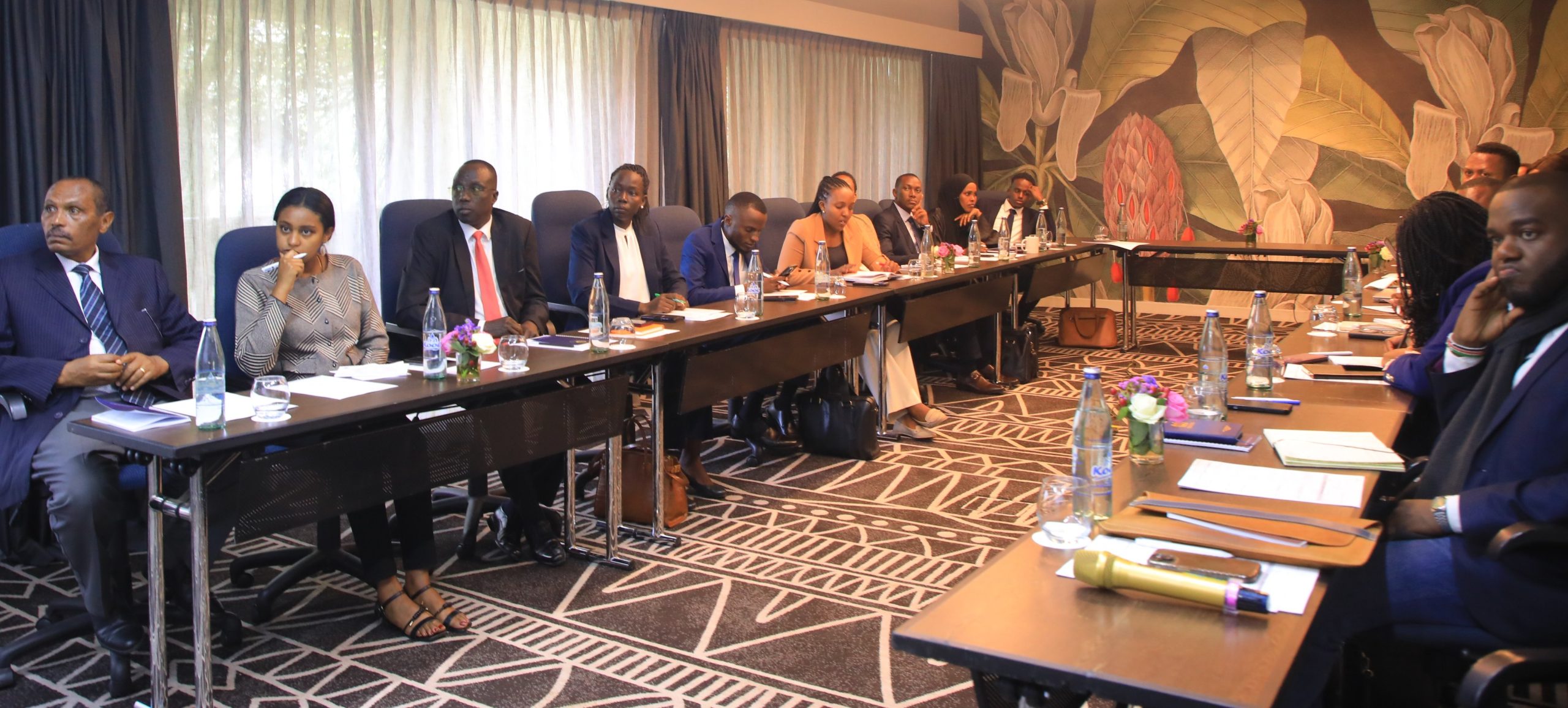Strengthening Regional Bonds Through Diplomatic Training
Ethiopia has taken a significant step towards enhancing regional cooperation by launching a specialized training program for young diplomats from six East African nations. This initiative, organized by Ethiopia’s Institute of Foreign Affairs, is aimed at fostering mutual understanding and equipping participants with the necessary skills to tackle pressing regional challenges.
The program brings together emerging diplomats from Somalia, Kenya, South Sudan, the Democratic Republic of Congo, Rwanda, and Uganda. By focusing on areas such as terrorism, forced migration, civil unrest, and illicit arms trafficking, the training seeks to create a more cohesive approach to addressing these complex issues. The collaborative effort highlights the importance of collective action in overcoming transboundary challenges that no single country can resolve alone.
In his opening remarks, Adam Tesfaye, Chief of Staff at the Ministry of Foreign Affairs, emphasized the significance of this initiative. He noted that the region faces multifaceted challenges that require a unified response. “This program represents a vital step toward harnessing our collective wisdom and shared commitment to achieve our common goals,” he stated. His comments underscored Ethiopia’s historical role in promoting regional dialogue and peace, highlighting the interconnectedness between the country’s national development and the stability of the broader region.
Adam also highlighted Ethiopia’s ambition to become a model of prosperity by 2030, which he believes depends on enhanced regional integration and cooperation. The training initiative is designed to deepen ties among East African nations, creating platforms for collaborative action and fostering constructive engagement within the Horn of Africa. It aims to support diplomats in advancing common regional interests on a global scale.
Describing Addis Ababa as the “diplomatic capital of Africa,” Adam expressed confidence that the relationships and knowledge gained during the training will significantly contribute to long-term regional peace and development. The city’s rich history as a hub for diplomatic activities provides a strong foundation for this initiative.
Historical Context and Vision for the Future
Professor Brook Hailu of Addis Ababa University provided historical context during the event, delivering a keynote address on the evolution of Pan-Africanism. He traced the movement from its early diasporic roots to the founding of the Organization of African Unity (OAU) in Addis Ababa in 1963 and its successor, the African Union (AU), in 2002. Professor Brook characterized Pan-Africanism as a continuing struggle for the continent’s unity, sovereignty, and development.
Drawing from his extensive diplomatic experience, including his tenure as Deputy Ambassador to the United Nations, he urged participants to see themselves as bridge-builders. He encouraged them to facilitate dialogue, promote collaboration, and drive forward Africa’s shared vision of peace, prosperity, and global relevance.
A Milestone in Regional Engagement
The training program was officially declared open, marking a significant milestone in fostering regional diplomatic engagement and cooperation in East Africa. This initiative reflects a growing recognition of the importance of building strong, collaborative relationships among neighboring countries.
By investing in the development of young diplomats, Ethiopia is not only strengthening its own position as a leader in regional affairs but also contributing to the broader goal of achieving a more unified and prosperous Africa. The program serves as a platform for sharing knowledge, exchanging ideas, and building lasting partnerships that can address the challenges facing the region.
Through such efforts, the future of East Africa looks increasingly promising, with a renewed focus on cooperation, mutual respect, and shared aspirations for peace and development.







